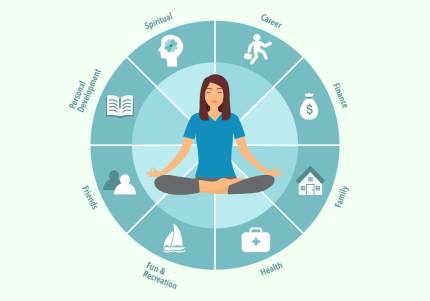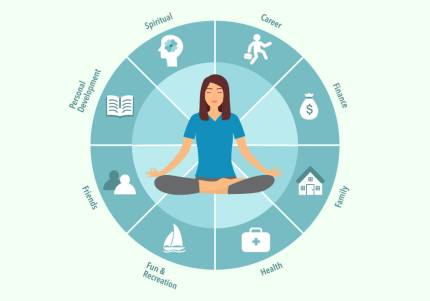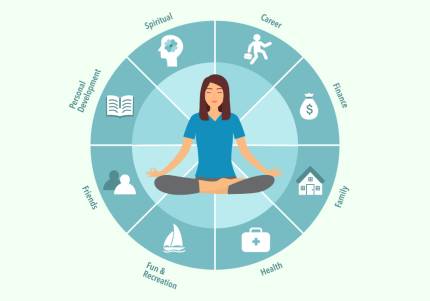How AI and Big Data Are Revolutionizing the Best Personality Tests
- 13 May 2025

Understanding my personality traits has become increasingly important in today's world of personalized experiences and self-awareness journeys. The landscape of popular personality tests is undergoing a significant transformation as artificial intelligence and big data analytics reshape how we evaluate human psychology. Taking the most accurate free personality test is now an experience enhanced by algorithms that can detect subtle patterns in responses, leading to more precise results.
Advanced technologies are making it easier than ever before to find your personality type with greater accuracy and depth than traditional paper-based assessments. The question "what's my personality type quiz" has evolved from simple multiple-choice questionnaires to sophisticated platforms that analyze linguistic patterns and behavioral data. Professional personality test developers are now incorporating machine learning models that improve over time, adapting to new psychological research and demographic information.
How AI Is Transforming Personality Assessment
Modern systems that determine your personality type often utilize natural language processing to analyze written responses and detect nuanced personality indicators. The availability of personality quizzes for free has expanded dramatically as companies gather valuable user data to refine their algorithms. When you take personality quiz applications powered by AI, your responses are compared against massive datasets that help place you within established psychological frameworks.
A comprehensive personality assessment report generated by AI-enhanced systems can provide insights that would be impossible for human analysts to derive manually. The burning question "which personality type am I" can now be answered through multiple complementary frameworks rather than a single rigid system. The best free personality test platforms today often incorporate several theoretical models, including:
- The Big Five personality traits (Openness, Conscientiousness, Extraversion, Agreeableness, Neuroticism)
- Myers-Briggs Type Indicator dimensions
- HEXACO personality inventory
- Enneagram types
- DiSC assessment categories
Big Data's Role in Modern Personality Testing
Taking a personality test for free online now contributes to vast databases that improve the accuracy of assessment tools. The table below illustrates how big data has changed the landscape of personality assessment:
| Traditional Approach | Big Data Enhanced Approach | Benefits |
|---|---|---|
| Static questionnaires | Dynamic question selection | Shorter, more relevant assessments |
| Fixed interpretation models | Machine learning analysis | More nuanced personality profiles |
| Limited cross-cultural validity | Global data incorporation | Better cultural adaptability |
| One-time assessment | Continuous refinement | Evolution of personality insights over time |
| Text-based results only | Multi-modal visualization | Enhanced understanding of complex traits |
The best personality test for free options today leverage anonymized data from millions of users to provide increasingly accurate results. Companies developing these tools analyze patterns across demographics, professions, and cultures to refine their algorithms. As a result, today's digital assessments can often detect subtle personality nuances that traditional methods might miss.
Privacy Concerns and Ethical Considerations
Despite the advances, there are important ethical questions surrounding how these technologies collect and use personal data. When users access personality tests through social media platforms or free applications, their responses often become part of larger datasets. Responsible test providers maintain strict privacy protocols while still benefiting from aggregated insights.
The Future of AI-Enhanced Personality Testing
As technology continues to evolve, we can expect several emerging trends in how we assess personality:
- Passive assessment through digital footprints and behavior
- Integration with wearable technology for behavioral data
- Contextual personality profiles that recognize situational variations
- Predictive models for compatibility in relationships and workplaces
- Personalized development pathways based on assessment results
The advancement of AI-powered personality assessment tools represents a significant leap forward in how we understand human psychology and individual differences. While traditional questionnaires remain valuable, the integration of big data analytics and machine learning algorithms has opened new frontiers in personality science.
As these technologies continue to mature, we can anticipate increasingly sophisticated and helpful insights into what makes each of us unique. The future of personality testing promises not just categorization but truly personalized understanding that can enhance self-awareness, relationships, and personal development.



